In the southwest of Finland, about 160 km from Helsinki, lies Turku. With roughly 175,000 inhabitants, it is the country's fifth-largest city. You will find several greenhouses close to this city, including lettuce and herb specialist DeliVerde. "We're not the biggest, nor do we want to be. We aspire to be the best," says sales manager Liisa Lindroth confidently.
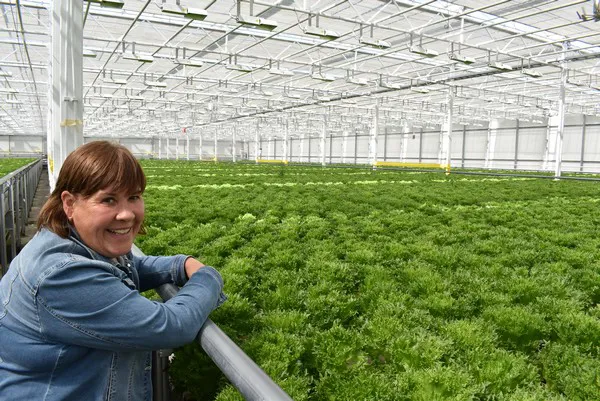
Liisa Lindroth
Finland is just about self-sufficient in lettuce and herbs. "It's not at all easy to grow lettuce and herbs in our climate. There's a lot involved, but because of their years of experience, Finns have become specialists. Finland's greenhouse area, for example, is larger than that of Denmark, Sweden, and Norway combined, and Finnish consumers love locally grown foods. If supermarkets promote Danish lettuce or Polish tomatoes, success is by no means guaranteed. The domestic market is a very receptive one for local growers."
"Even if, with a population of barely 5.5 million people, it's not very large. That's also partly why we do almost no exporting. Of course, it would be interesting to export, and Finnish clean products will surely attract foreign customers. But our company never imports herbs either. That would hurt our business. Finns wouldn't understand why we're marketing imported products under our brand. If we have a slightly lower crop, so be it. Our customers know that horticulture, even though we control a lot of conditions in the greenhouse, isn't something where everything always goes as planned," Liisa explains.
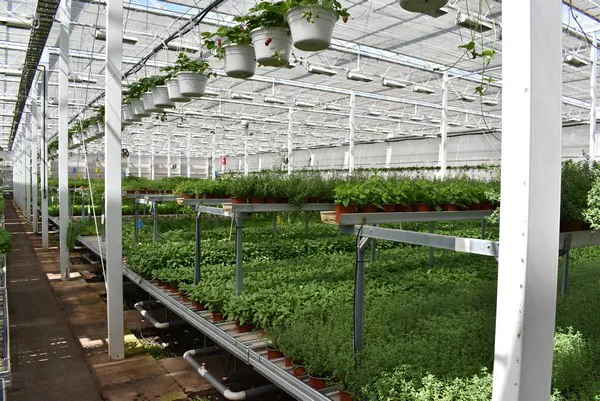
DeliVerde grows an elaborate range of herbs
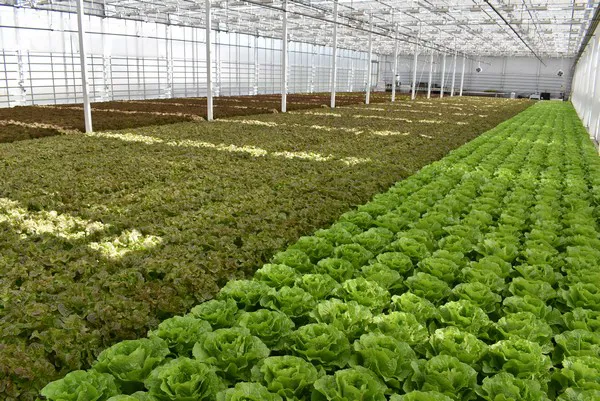
Along with herbs, they also grow lettuce varieties, such as Salanova
From roses to lettuce and herbs
Her partner, Hannu, started his career working in a rose nursery. "My family used to have a small vegetable business. As a youngster, I wanted nothing to do with the sector, nor did I want to marry a farmer. It was too much hard, weather-dependent work. But didn't that turn out differently? I was an IT specialist for 20 years at large computer companies. I met my husband in elementary school. His parents had a car body repair shop - the first of its kind in Finland." But Hannu wanted to be a grower and was a rose gardener in a nursery before he started his own business. "In my spare time, I always helped him with sales and administration. And after my career in computer science, I started working full-time as a sales manager in the cultivation company."
Now, roses have given way to lettuce and herbs in the 2-hectare greenhouse. They also grow seasonal outdoor vegetables on three hectares. "We started small and actually still are. Hannu was a good rose grower, but he was disappointed that he didn't have and couldn't find the money to invest in a large nursery. Fortunately. Because quite a few Finnish rose growers stopped due to the cutthroat competition from Dutch companies, among others. We first switched to lettuce and added herbs in the late 1990s. Hannu and our son Eero, now CEO, are the cultivation specialists. My daughter-in-law and I do the sales," says Liisa.
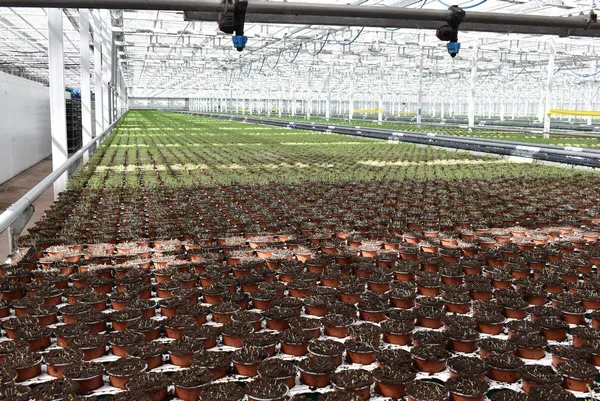
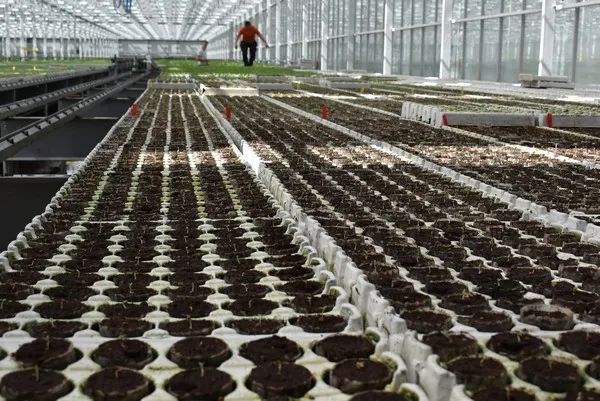
Top restaurant suppliers
"Many Finnish lettuce growers cultivate smaller, 100g varieties, which are very popular here. But we're small, so we had to do things differently. We had to find our identity and gain a place in the market. Therefore, we began growing large heads of lettuce. We give these time to grow slowly, so they're crisp, of excellent quality, keep well, and are very tasty. Our herbs are also generally larger than those of our colleagues. That quality caught the attention of the higher-end eateries, and today we supply several top restaurants in Finland," Liisa continues.
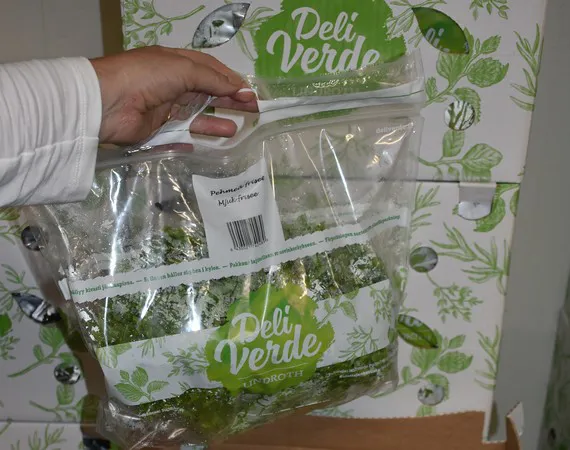
Lettuce in a resealable plastic bag and after that in a box
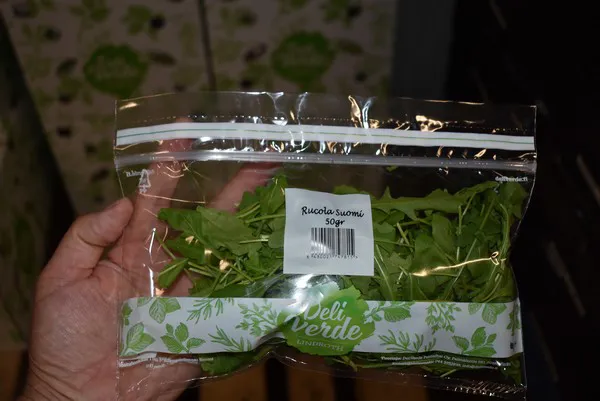
Rocket in a Ziplock package
Keeping up with the latest trends
According to her, supplying lettuce, herbs, and other vegetables to top Finnish chefs is not hugely profitable. But, it does give DeliVerde prestige and new ideas. "As I said, we don't want the biggest volumes, but we are committed to quality and want to keep up with, or even stay ahead of the latest trends. We can do that by working with top chefs who have a good view of the trends and even help determine them. However, most of our production is destined for the retail and hospitality industry."
"We deliver directly, especially in and near Turku, and through wholesalers. We supply the two big retailers in Finland, S-group, and K-group. We're not a huge company, but we try to be profitable. We have good relationships with our customers, who highly value our product. But the cost increase is making things harder, of course. In the food sector, passing those costs on in the chain takes a while, and, with inflation, people have less money to spend," Liisa explains.
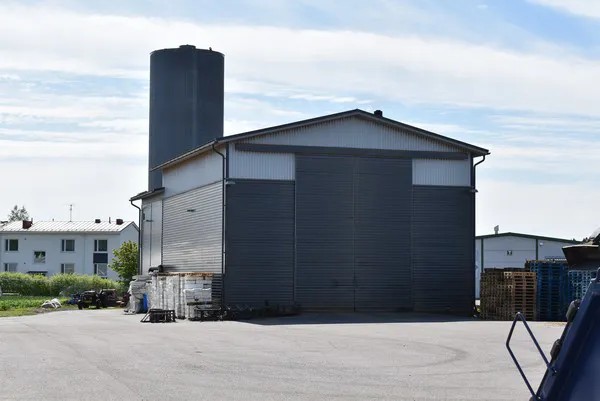
DeliVerde heats greenhouses with waste from oats and from the furniture industry
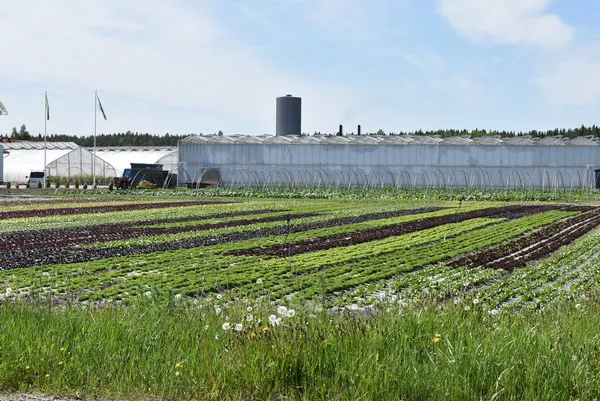
In summer, they also grow lettuce outside
Finns prefer local products
The fact that Finns prefer local products benefits companies like DeliVerde. "Local here sometimes means products from 1,000 km away. Finland is a big country. For example, we transport our lettuce and herbs to Lapland. What we harvest in the afternoon, they have on the shelf in the far North the next day."
In Finland, social motives and environmental issues partly drive the preference for local cultivation. "Importing lettuce from Spain doesn't work here. People see on TV how African seasonal laborers work and live there, and what happens to all that plastic from the greenhouses? These things affect Finns' buying habits. They know local retailers don't do business with companies that don't comply closely with social and environmental legislation. Growers must show they pay the people at least minimum wage," says Liisa.
"They must also uphold the law regarding working hours, sick days, and vacation arrangements. We do all that - and more - and people know it. Because of this, we have a good reputation in that area, so we have no problem finding workers for now. We have about 50 permanent employees as well as seasonal workers. We've been employing some Ukrainians for several years now. We told them they could bring their families. So, since the beginning of the war, we've welcomed about 20 women and children."
ICElettuce is the most popular
DeliVerde cultivates a rich assortment of lettuce, including ice lettuce, salanova, Lollo Rosso, oak leaf, and Romaine. "Ice lettuce is the most popular variety in Finland. But the varieties have changed somewhat over time. We also prepare salad mixes - for retail and restaurants - and ICElettuce is the key ingredient in those ready-to-eat products. It keeps the mix fresh and crisp," the sales manager explains. The Turku-based company sells most of its herbs in pots but pre-cuts these products for the restaurant industry. "We have coriander, mint, basil, parsley, thyme, rosemary, and dill, which Finns love with their fish dishes. Herbs do particularly well during the many holidays in the spring. But in the past, sales were smoother. Nowadays, there are many competitors, and the market's becoming saturated."
Sawdust for heating
In the summer, on days when it gets too hot for the lettuce, the greenhouses are cooled down. "Naturally, we grow long-day varieties then. We have to adapt to the climate conditions. We'll soon be visiting GreenTech in the Netherlands again to keep up with the latest breeding developments," says Liisa. In the winter, the snow piles up on the roof, but cultivation continues. They don't need to clear that snow. "The greenhouse's heating simply melts it. The heating system is housed in a separate building."
"The boiler is multifunctional and uses the furniture industry's waste wood or waste from oats. We work very environmentally consciously. We recycle 100% of the water we use in the greenhouses, and the plants grow as much as possible with natural light. The peat and plant waste from the greenhouses is composted and then added to the soil for outdoor cultivation. Finnish consumers consider the environmental component very important. And we're happy to accommodate them," Liisa concludes.
For more information: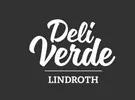
DeliVerde
www.deliverde.fi
